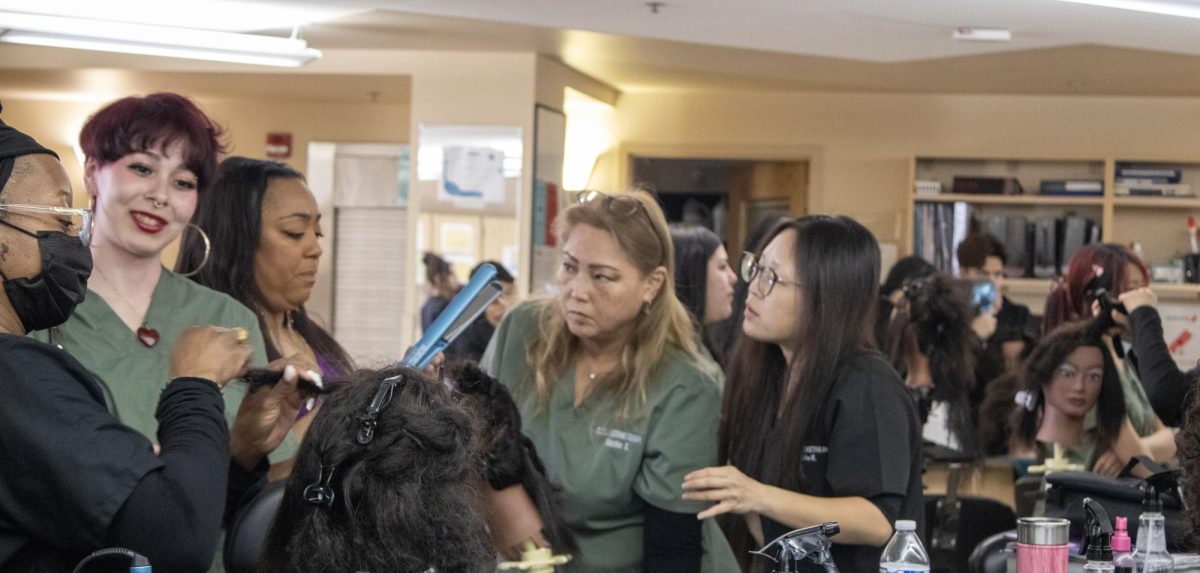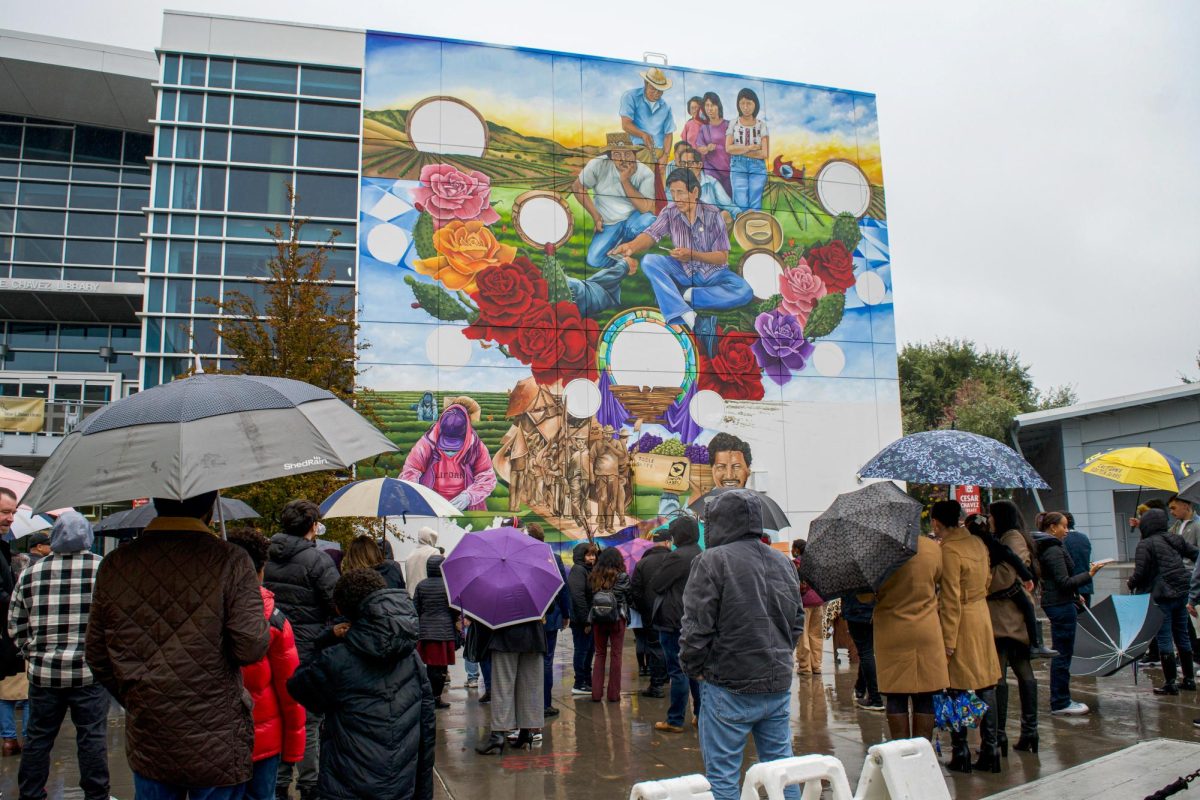San Jose City College will provide students and staff with supplies they need for remote learning, but so far enrollment is down during the pandemic.
“The District has laptops, Wi-Fi hotspots, monitors, office chairs and other supplies to ensure you have all you need to work comfortably from home,” Chancellor Byron Breland wrote in a July 24 memo.
Director of Marketing and Public Relations Daniel Garza wrote in an email that free loaner e-textbooks will also be available.
Even though the fall semester will be taught in a mostly virtual format, some classes will have a hybrid component.
“We will have our Allied Health Labs open for students in medical assisting, dental assisting and EMT programs,” Garza wrote.
Biology Department Coordinator Carlos Rojo wrote in an email that some work being done in the Biology Department will include flipped lectures.
“In a flipped lecture, students watch lecture content in video form … Then they meet with the instructor to apply the material they learned to relevant scenarios, clinical cases or scientific examples,” Rojo wrote.
Rojo also said students will also receive kits, access to virtual experiments and at-home student exercises.
- Many sections will send students kits complete with intact organs
- Many physiology sections are providing students with full access to virtual experiments through Pearson (an online education website)
- Examples of at-home exercises include labs that have students monitoring key vital signs allowing students to investigate key biology concepts like homeostasis and how the body regulates key variables like oxygen levels and blood pressure.
Classes such as cosmetology and journalism will continue 100% online, using Zoom and Canvas to access classes and course materials.
“We have all our equipment at home, everything that we would have at school,” cosmetology coordinator Carol Ramirez-Bost said. “We even have tables students can pick up and use at home so that they can have more of a learning environment.”
Ramirez-Bost also said the department put together kits for students between spring break and the summer semester that included items such as colors, perms and lighteners that would normally be available in the class.
“They have all the equipment needed to do online classes,” Ramirez-Bost said.
Despite the accommodations to facilitate online learning, Garza wrote on Aug. 18 that the overall headcount is down by 7% from this time last year.
However, “A week ago (the week of Aug. 7) our enrollment was down by 11% so enrollment is trending back up.”
Decreased enrollment raises concerns about class cancellations, something Garza called “a last resort” and “a very involved process.”
“We are tracking high waitlisted classes closely,” he wrote. “If we must cancel a class because enrollment is in the single digits, we are looking for opportunities to have instructors with waitlists to open additional sections for waitlisted students.”
Sometimes a class with single-digit enrollment won’t be canceled if it’s only offered one time per academic year, Garza wrote, or if it is the last class a student needs to transfer or finish a degree or certificate.
“There are a number of considerations that we take into account,” Garza wrote.
San Jose City College moved to a remote format on March 16 as a safety measure to protect students and staff from coronavirus.
Breland wrote in an Aug. 31 memo that he does not know when students and staff will be able to return to SJCC.
“It is imperative that we be prepared for almost any contingency as the fall term gets underway,” Breland wrote. “That means being prepared to continue remote operations and instruction through the end of fall term and possibly beyond while simultaneously being ready to pivot back to in-person services if the opportunity presents itself.”
Despite the challenges for students attending school online, some prefer this new arrangement over in-person classes.
“Because of the chaos that happened during the spring, some students said they didn’t know how it was going to work (in the fall),” Ramirez-Post said. “I set up a curriculum specifically for this (after the spring term), and I told them it’s going to be very structured. I even had some students say they like this better than being in class.”







